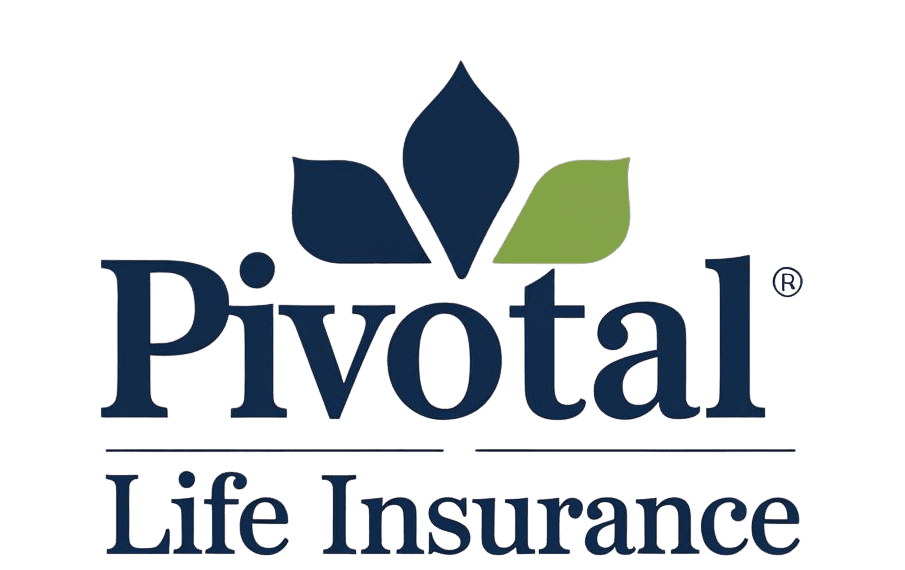Have you ever considered what might happen to your business if a key partner, founder, or top-performing executive unexpectedly passed away?
For many companies, the loss would be catastrophic, creating a leadership vacuum, disrupting operations, and potentially threatening financial stability. This is where a powerful but often misunderstood financial tool comes into play: Corporate Ownership of Life Insurance. This strategy isn’t just about managing risk; it’s a proactive way to ensure your company’s continuity, fund succession plans, and even reward the very people who make your business successful.
This guide explains Corporate-Owned Life Insurance (COLI), showing what it is, how it works, and its key benefits and risks. Whether you’re a business owner, executive, or financial planner, you’ll learn how a company-owned policy can become a powerful asset for long-term business strategy.
What Is Corporate Ownership of Life Insurance? (COLI)

Corporate Ownership of Life Insurance, also known as COLI, is a life insurance policy purchased and owned by a company on an employee’s life, where the company is the beneficiary. This financial product is designed for institutional buyers rather than individuals. Unlike a personal policy, where a family member receives the payout, with COLI, the tax-free death benefit goes directly to the business.
The primary purpose of COLI is to protect the company from the financial fallout resulting from the death of a crucial employee. These “key persons” are individuals whose skills, knowledge, or leadership are critical to the company’s success. The funds from a COLI policy can provide the company with the necessary capital to navigate the transition period—recruiting a replacement, covering lost revenue, or reassuring lenders and investors of the company’s stability.
How Does Corporate-Owned Life Insurance Work?
The process for implementing COLI is straightforward and follows a clear set of steps. Structuring it correctly is vital to ensure the business receives the intended benefits:
Identify the Key Employee: The company first identifies an employee whose death would cause a significant financial loss. This could be a CEO, a founder with critical institutional knowledge, a top salesperson, or a lead engineer.
Obtain Consent: The company must obtain written consent from the employee before it can purchase a life insurance policy on the employee’s life. This is a crucial legal requirement to ensure transparency and compliance.
Apply for the Policy: The corporation applies for a life insurance policy. During this process, the company must demonstrate an “insurable interest,” meaning it would suffer a genuine financial loss if the insured person were to die.
Pay the Premiums: The corporation is responsible for paying all premiums on the policy. These payments are typically not tax-deductible for the business.
Receive the Death Benefit: Upon the death of the insured employee, the company, as the designated beneficiary, receives the death benefit payout from the insurance carrier. This benefit is generally received income-tax-free.
Benefits of Corporate Ownership of Life Insurance

When structured properly, COLI offers several significant strategic advantages that go beyond simple risk management:
Key Person Protection: The death benefit provides immediate liquidity to help the business absorb the shock of losing an indispensable team member, ensuring operations can continue smoothly.
Funding Buy-Sell Agreements: COLI can fund agreements that dictate how a deceased owner’s share of the business will be handled. It provides the cash needed for the remaining owners to purchase the deceased partner’s stake, ensuring a seamless ownership transition.
Executive Benefit Plans: COLI can fund non-qualified deferred compensation plans and other executive benefits, helping attract, retain, and reward top-tier talent.
Tax Advantages: Death benefits are typically received by the corporation free of federal income tax. Some policies, like whole life, can also grow cash value on a tax-deferred basis, creating a valuable corporate asset.
What Are the Risks and Downsides?
While COLI is powerful, it has potential drawbacks:
Employee Perception: Sometimes called “dead peasant insurance,” COLI can be viewed negatively if not communicated transparently, affecting employee morale.
Tax Complications: Death benefits are generally tax-free, but can become taxable if IRS notice and consent requirements are not met. Improper structuring can trigger tax consequences.
Administrative Complexity: Managing COLI policies, especially for multiple employees, requires ongoing oversight for premium payments, cash value tracking, and compliance with regulations.
Cost: Premiums represent an ongoing cash outflow. Companies must weigh the cost against long-term benefits and ensure premium payments are sustainable.
Corporate Ownership of Life Insurance vs. Personally Owned Policies
Understanding the difference between corporate-owned and personally-owned life insurance is key.
| Feature | Corporate-Owned Life Insurance (COLI) | Personally Owned Life Insurance |
|---|---|---|
| Policy Owner | The corporation or business | The individual insured or a family member |
| Beneficiary | The corporation or business | A spouse, child, or other chosen individual |
| Premium Payer | The corporation or business | The individual or a family member |
| Primary Purpose | Business continuity, funding agreements, and executive benefits | Family financial protection, estate planning |
| Tax on Death Benefit | Generally, income-tax-free to the corporation | Generally, income-tax-free to the individual beneficiary |
Frequently Asked Questions (FAQ)
Does the employee need to give consent for a COLI policy?
Yes. Federal law requires written notice and consent from the employee before the company can purchase a policy on their life.
Can a company own life insurance on any employee?
No. Generally, only key employees—those whose death would cause substantial financial loss—can be insured. The company must show it has an “insurable interest.”
Is the death benefit from a COLI policy taxable?
The death benefit is generally received tax-free by the corporation if all legal and IRS requirements for notice and consent were met before issuance.
What happens to the policy if the employee leaves the company?
The business can surrender the policy for cash value, transfer ownership to the employee, or maintain the policy, depending on the terms and original purpose of coverage.

